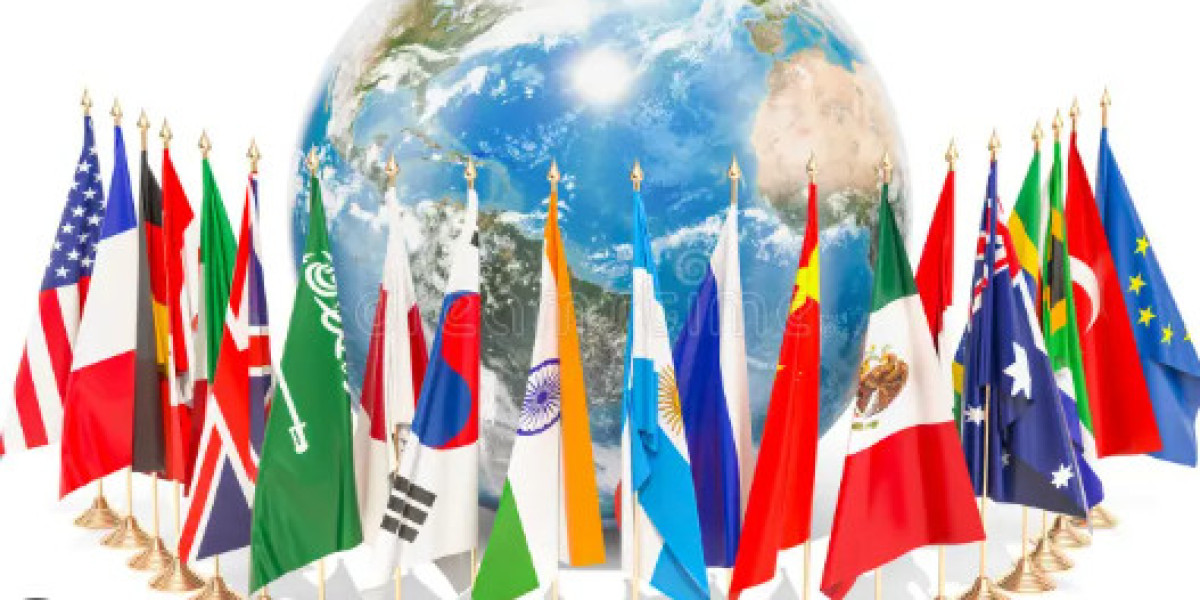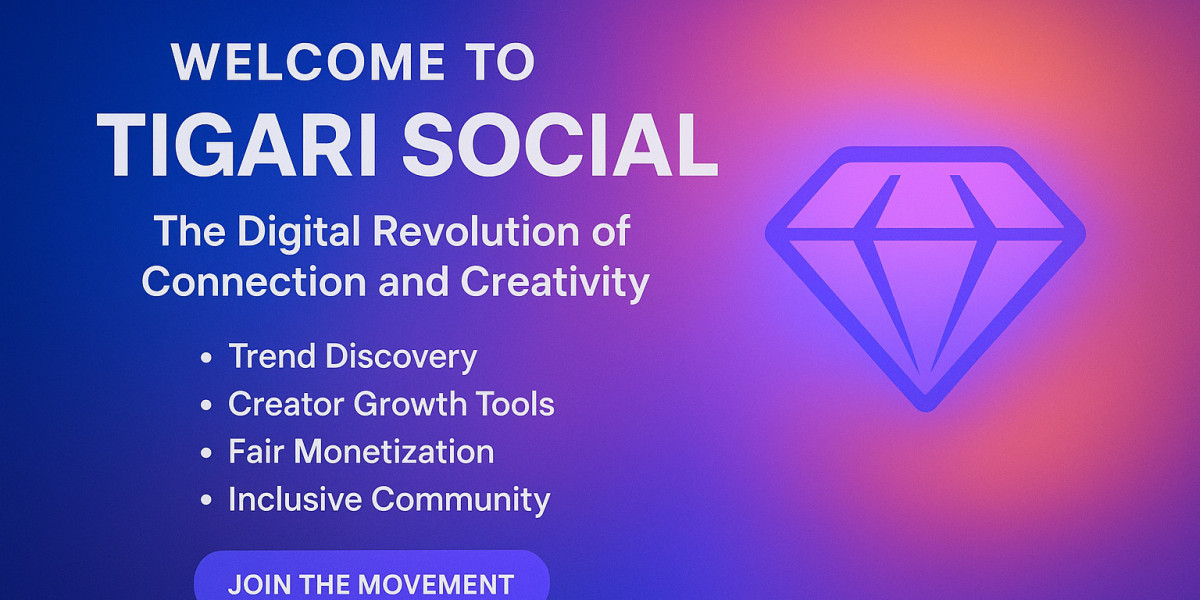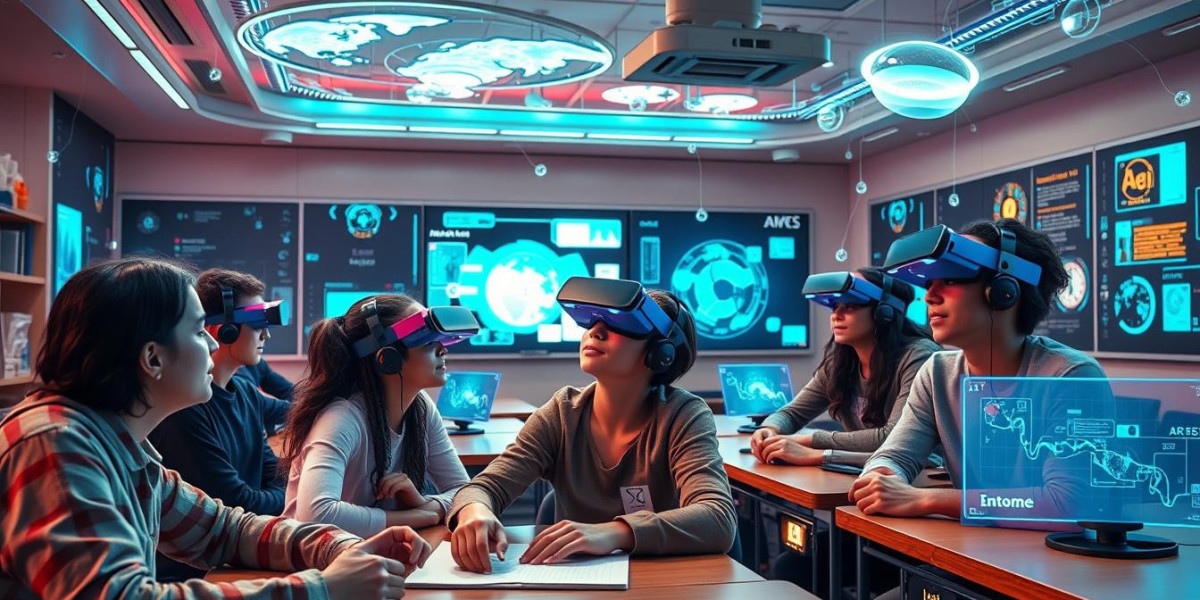When we think of nations, we often imagine maps, flags, or government institutions. Yet at the heart of every nation are the people who give it identity, culture, and character. History shows that civilizations rise and fall not simply because of geography or politics, but because of the values, creativity, and resilience of their citizens.
The Role of Culture in National Identity
Culture is the glue that binds a nation together. Language, traditions, and shared stories create a sense of belonging among people. From the music of Brazil’s samba to Japan’s tea ceremonies, cultural expressions shape how nations are perceived both internally and abroad.
This shared cultural identity also plays a role in uniting citizens during times of crisis. Festivals, national holidays, and collective traditions reinforce the idea that individuals are part of something larger than themselves.
Diversity as a Strength
Modern nations are often multicultural, shaped by migration and globalization. While diversity can sometimes create tensions, it also brings strength. Different perspectives, cuisines, languages, and ideas enrich societies, sparking innovation and creativity.
For example, the United States has long been described as a “melting pot” of cultures, where traditions from around the world blend into a unique national identity. Similarly, countries like Canada and Singapore embrace multiculturalism as part of their global brand.
The Human Face of History
Behind every major historical event are ordinary people. Nations are shaped not only by kings, presidents, or generals but also by farmers, workers, artists, and activists. Movements for independence, civil rights, and social reforms prove that people have the power to transform nations.
When individuals unite with a common purpose, they can change the course of history. Mahatma Gandhi’s peaceful resistance in India, Nelson Mandela’s fight against apartheid in South Africa, and countless grassroots movements worldwide show how people give nations their moral and political direction.
Globalization and Shared Identities
In the 21st century, nations are becoming increasingly interconnected. Technology, travel, and trade have blurred cultural boundaries, allowing people to share ideas across continents instantly. This interconnectedness is creating shared global identities while still preserving national pride.
However, globalization also raises questions about cultural preservation. Some fear that unique traditions may be lost in a world dominated by global brands and digital culture. Balancing openness to global influences with the preservation of local heritage is one of the key challenges nations face today.
Conclusion
At their core, nations are not just territories—they are living communities shaped by people and their cultures. From shared traditions to diverse influences, citizens give meaning to a country’s history and future.
Understanding the role of people in shaping nations helps us see beyond borders and appreciate the interconnected humanity that binds us all. Nations may rise and fall, but the values, creativity, and spirit of their people remain their true legacy.







